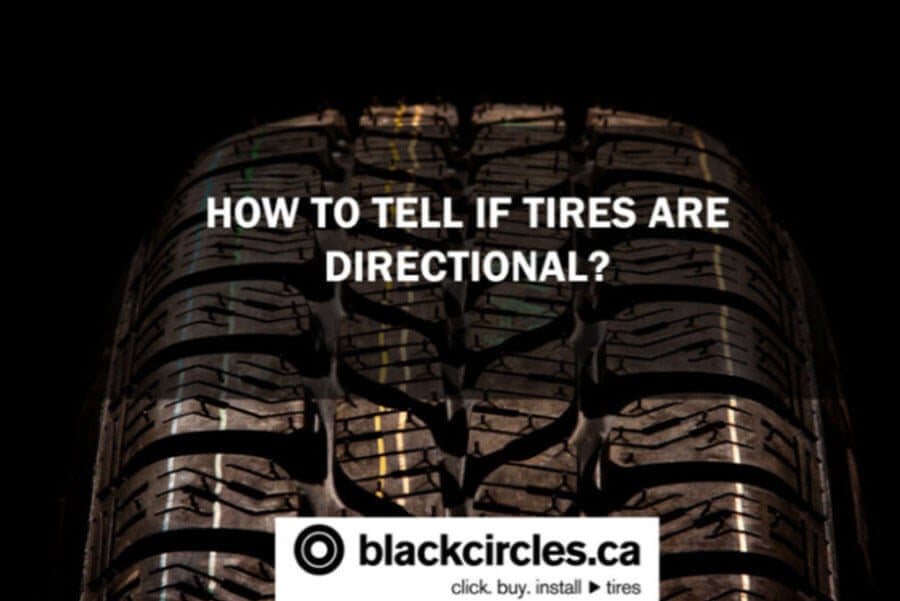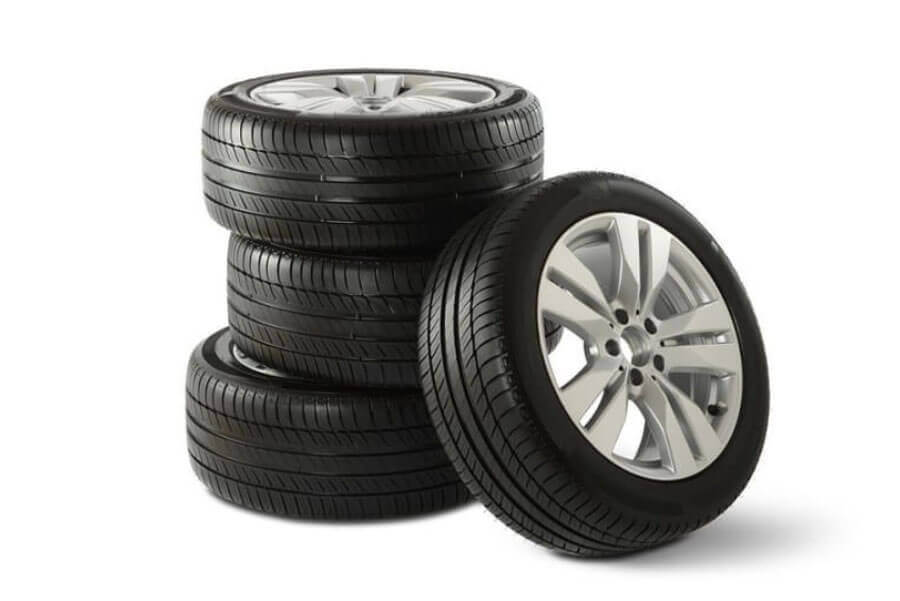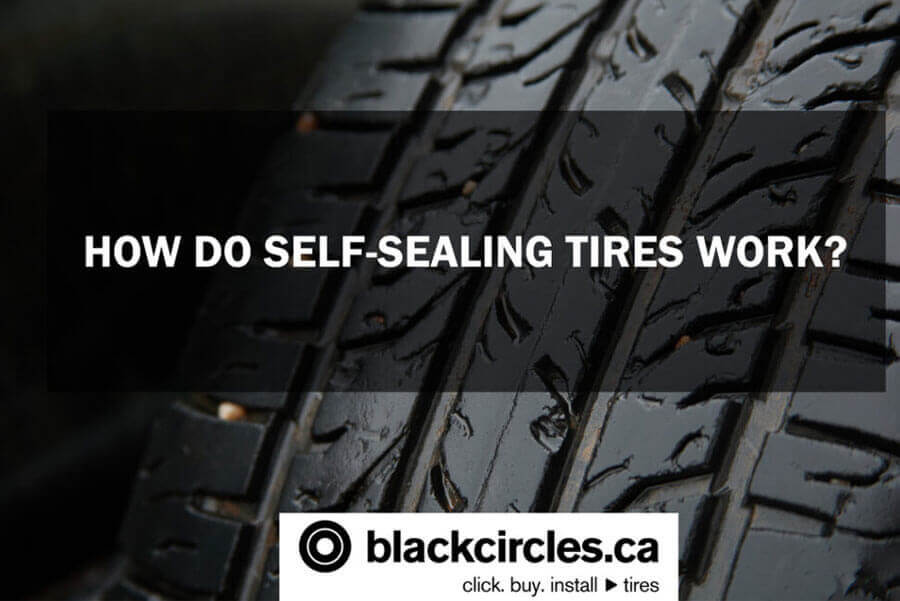With the beginning of June, summer is just around the corner and with it, the beginning of the summer heat waves. For some, this means vacation and swimming, but for others, it means the smell of rubber and asphalt. If you’re planning to hit the road this summer, don’t forget the impact that high temperatures can have on your tires! It’s easy to forget, but it can be costly…
You probably learned about why this happens in high school physics. A gas, like the one in a tire’s inner tube, expands when heated. In a properly inflated tire, this is usually not a problem, but let’s be honest, we usually don’t check their pressure as often as we should. Here are three ways to avoid heat-related surprises.
Touch your tires before you leave
When the temperature rises inside your tire, the pressure also rises due to the expansion of the air inside.If it was inflated to standard temperature and according to manufacturer’s specifications, this is usually not a big deal. For a tire that is already a little over-inflated, however, it can be absolutely devastating, even causing punctures and blowouts.
While you can’t always pull out the barometer and find out for sure, there is one easy trick you can do that could save you money, or even your life. By firmly touching the surface of the rim, you will be able to estimate both its temperature and pressure. If it’s visibly bulging or tight, or if its surface is hot, don’t risk riding on it!
Check their condition regularly
Driving on hot asphalt is one of the worst things that can happen to your tread. Already softer because of the temperature, it also experiences a lot of friction while driving, especially on rough surfaces. A worn out tread is the best way to get a flat! Try to check their condition regularly, especially if you have to make longer trips.
Tire choice is also a very important variable in its longevity. Choosing a model with a more robust construction, such as the Yokohama Geolandar G055, will undoubtedly ensure more kilometers. Another feature to consider for tire longevity is their rolling resistance. The smaller it is, like the Pirelli Scorpion Verde All Season Plus II, the longer it will last and the less your car will consume!
Be wary of your TPMS
If you’ve read our article tire pressure monitoring system, you probably already know the usefulness of this gadget. It’s great for telling the driver when the tires are under-inflated. The problem? Most of these systems are not designed to warn you when the pressure is too high, which is much more likely in the summer!
By applying these three simple tips, who knows how much time and money you could save? No one wants to find themselves calling the tow truck on the side of the highway, let alone on vacation!






